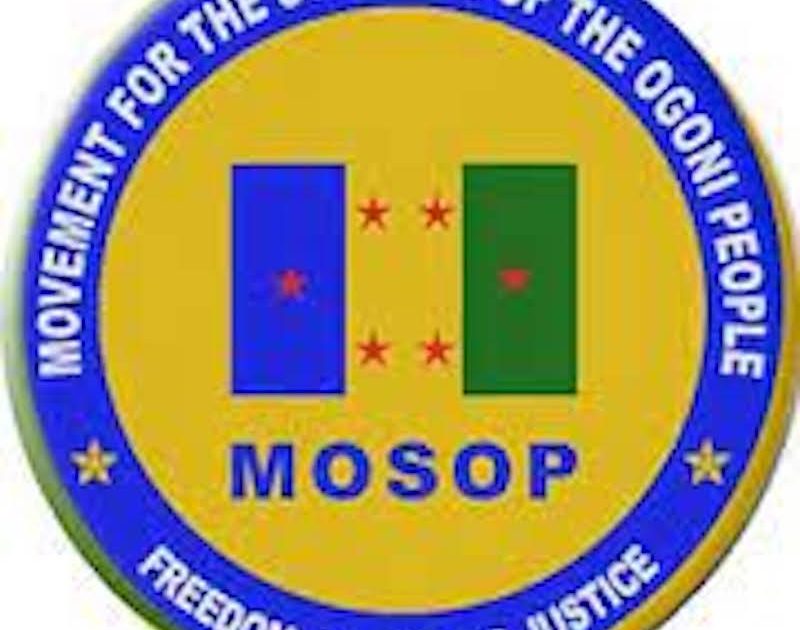The Movement for the Survival of Ogoni People (MOSOP) has affirmed the critical importance of the Hydrocarbon Pollution Remediation Project (HYPREP) in fostering the well-being of the Ogoni community, particularly focusing on women, youths, children, and the environment. In a recent statement, the organization urged the local population to maintain an active and constructive engagement in the project’s implementation, recognizing the direct and indirect benefits that it promises to deliver. MOSOP emphasized that the success of HYPREP is not just a project for leadership or external stakeholders, but a collective responsibility that involves all Ogoni people, both within the region and in the diaspora.
MOSOP vehemently rejected calls to remove Nenibarini Zabbey, the current project coordinator of HYPREP, asserting that the project is still a work in progress that deserves the unwavering support of the community. The organization characterized such calls for Zabbey’s removal as unpatriotic and self-serving, insisting on the importance of unity among Ogoni people. MOSOP expressed its belief that the success of HYPREP hinges on the community’s willingness to overlook personal grievances and focus on the collective good. They asserted that the project offers substantial benefits, which must not be disregarded due to individual interests or dissatisfaction with specific circumstances.
The organization highlighted the importance of stability in the project’s leadership and criticized perceived attempts to undermine the current coordinator. With Zabbey being the third substantive project coordinator, MOSOP emphasized that frequent changes in leadership could hamper progress in an already complex environmental remediation project. They cautioned that persistent requests for leadership changes threaten to derail the ongoing cleanup initiatives. This sentiment reflects a broader understanding that project management and continuity are integral to achieving the objectives outlined in the Ogoni Clean-up programme.
MOSOP has urged Ogoni youths to actively support the cleanup efforts, recognizing them as the primary beneficiaries of the HYPREP Project. They emphasized the importance of youth engagement and productivity in advancing the project’s goals. Evidence of job creation and capacity development have been cited as concrete benefits emerging from HYPREP’s activities, underscoring the significance of youth participation in a project that holds the potential for transformative impact within the community. MOSOP’s message is clear: the youths should remain vigilant against those who might try to co-opt them into disruptive actions that could jeopardize the success of the environmental remediation efforts.
In addition to rallying community support, MOSOP commended the Federal Government for its commitment to the cleanup of Ogoniland. The organization expressed a desire for HYPREP to remain cognizant of its substantial responsibilities, particularly the task of remediating hydrocarbon-affected communities and restoring local livelihoods. The group’s statement reflects a collaborative spirit, urging government bodies to ensure timely completion of the necessary projects and improvements critical for community welfare. This encompasses the urgent need for the provision of potable water, quality healthcare access, and sustainable livelihood programs.
In sum, MOSOP’s statement serves as both a rallying cry and a reminder of the urgency of the HYPREP initiative. The organization asserts that a united front is paramount for preserving the integrity and mission of the cleanup project. By emphasizing the collaborative nature of this endeavor, the leaders of MOSOP seek to inspire Ogoni people to remain committed to the realization of a cleaner, healthier Ogoniland, while simultaneously enhancing their livelihoods through the careful execution of HYPREP’s mandates. Reflecting on the community’s past struggles and present challenges, MOSOP’s advocacy for unity and proactive engagement will be essential for fostering progress in the environmental remediation efforts and ensuring a sustainable future for the Ogoni people.














